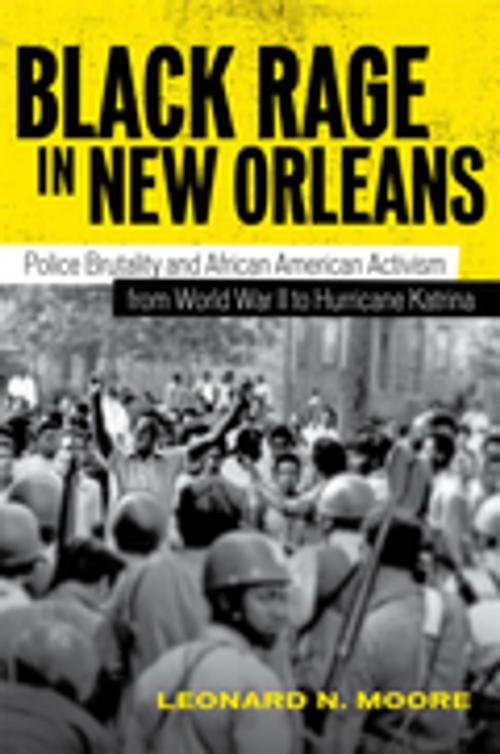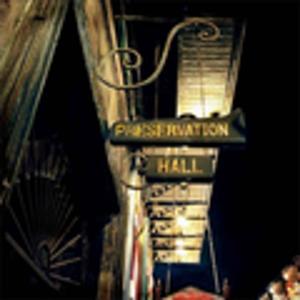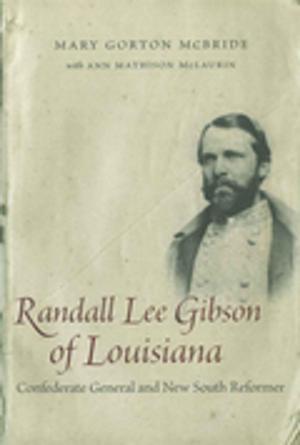Black Rage in New Orleans
Police Brutality and African American Activism from World War II to Hurricane Katrina
Nonfiction, Social & Cultural Studies, Social Science, Cultural Studies, African-American Studies, History, Americas, United States| Author: | Leonard N. Moore | ISBN: | 9780807145951 |
| Publisher: | LSU Press | Publication: | April 15, 2010 |
| Imprint: | LSU Press | Language: | English |
| Author: | Leonard N. Moore |
| ISBN: | 9780807145951 |
| Publisher: | LSU Press |
| Publication: | April 15, 2010 |
| Imprint: | LSU Press |
| Language: | English |
In Black Rage in New Orleans, Leonard N. Moore traces the shocking history of police corruption in the Crescent City from World War II to Hurricane Katrina and the concurrent rise of a large and energized black opposition to it. In New Orleans, crime, drug abuse, and murder were commonplace, and an underpaid, inadequately staffed, and poorly trained police force frequently resorted to brutality against African Americans. Endemic corruption among police officers increased as the city's crime rate soared, generating anger and frustration among New Orleans's black community. Rather than remain passive, African Americans in the city formed antibrutality organizations, staged marches, held sit-ins, waged boycotts, vocalized their concerns at city council meetings, and demanded equitable treatment.
Moore explores a staggering array of NOPD abuses -- police homicides, sexual violence against women, racial profiling, and complicity in drug deals, prostitution rings, burglaries, protection schemes, and gun smuggling -- and the increasingly vociferous calls for reform by the city's black community. Documenting the police harassment of civil rights workers in the 1950s and 1960s, Moore then examines the aggressive policing techniques of the 1970s, and the attempts of Ernest "Dutch" Morial -- the first black mayor of New Orleans -- to reform the force in the late 1970s and early 1980s. Even when the department hired more African American officers as part of that reform effort, Moore reveals, the corruption and brutality continued unabated in the late 1980s and early 1990s.
Dramatic changes in departmental leadership, together with aid from federal grants, finally helped professionalize the force and achieved long-sought improvements within the New Orleans Police Department. Community policing practices, increased training, better pay, and a raft of other reform measures for a time seemed to signal real change in the department. The book's epilogue, "Policing Katrina," however, looks at how the NOPD's ineffectiveness compromised its ability to handle the greatest natural disaster in American history, suggesting that the fruits of reform may have been more temporary than lasting.
The first book-length study of police brutality and African American protest in a major American city, Black Rage in New Orleans will prove essential for anyone interested in race relations in America's urban centers.
In Black Rage in New Orleans, Leonard N. Moore traces the shocking history of police corruption in the Crescent City from World War II to Hurricane Katrina and the concurrent rise of a large and energized black opposition to it. In New Orleans, crime, drug abuse, and murder were commonplace, and an underpaid, inadequately staffed, and poorly trained police force frequently resorted to brutality against African Americans. Endemic corruption among police officers increased as the city's crime rate soared, generating anger and frustration among New Orleans's black community. Rather than remain passive, African Americans in the city formed antibrutality organizations, staged marches, held sit-ins, waged boycotts, vocalized their concerns at city council meetings, and demanded equitable treatment.
Moore explores a staggering array of NOPD abuses -- police homicides, sexual violence against women, racial profiling, and complicity in drug deals, prostitution rings, burglaries, protection schemes, and gun smuggling -- and the increasingly vociferous calls for reform by the city's black community. Documenting the police harassment of civil rights workers in the 1950s and 1960s, Moore then examines the aggressive policing techniques of the 1970s, and the attempts of Ernest "Dutch" Morial -- the first black mayor of New Orleans -- to reform the force in the late 1970s and early 1980s. Even when the department hired more African American officers as part of that reform effort, Moore reveals, the corruption and brutality continued unabated in the late 1980s and early 1990s.
Dramatic changes in departmental leadership, together with aid from federal grants, finally helped professionalize the force and achieved long-sought improvements within the New Orleans Police Department. Community policing practices, increased training, better pay, and a raft of other reform measures for a time seemed to signal real change in the department. The book's epilogue, "Policing Katrina," however, looks at how the NOPD's ineffectiveness compromised its ability to handle the greatest natural disaster in American history, suggesting that the fruits of reform may have been more temporary than lasting.
The first book-length study of police brutality and African American protest in a major American city, Black Rage in New Orleans will prove essential for anyone interested in race relations in America's urban centers.















